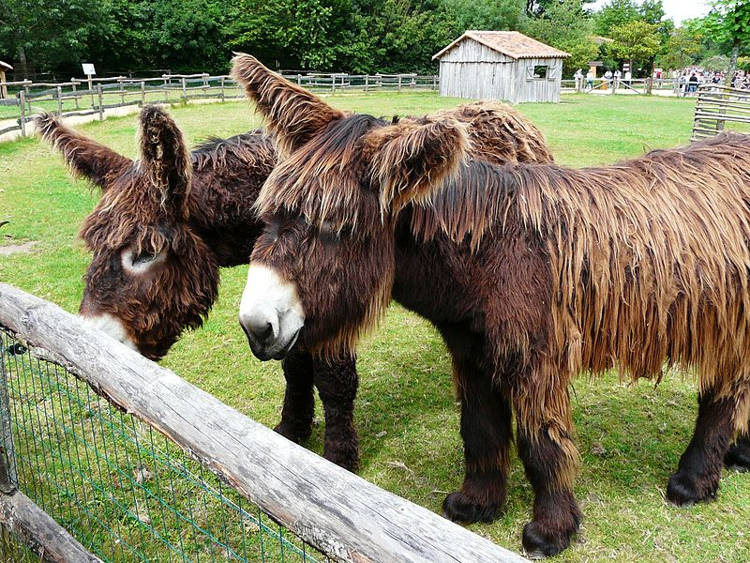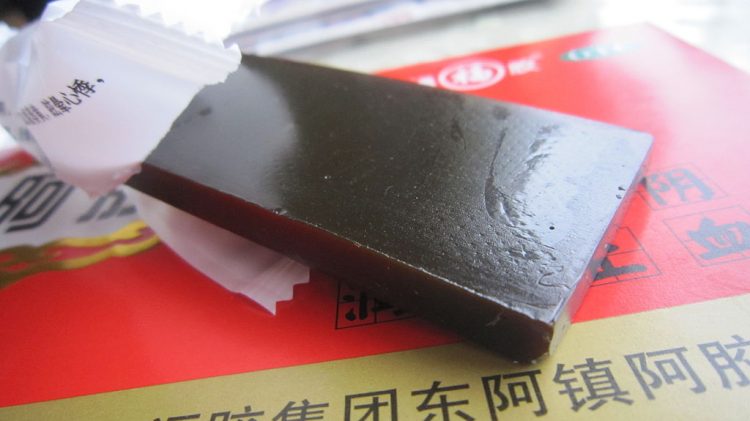Baudet du Poitou – The Donkey That Grows Dreadlocks

Poitou, or Baudet du Poitou is a French donkey breed known primarily for their large size and their distinctive coat which, if left ungroomed for long periods of time, will form dreadlocks. Originally bred in the Poitou region of France, Baudet du Poitou was once highly sought after all over the world, because of its […]
Ejiao – The Chinese Miracle Cure Decimating the World’s Donkey Population

Ejiao, or donkey skin gelatin, is considered one of the three treasures of traditional Chinese medicine. It is used to treat a wide range of ailments from simple colds to insomnia and impotence, and demand in the Chinese market is soaring like never before. Millions of donkeys are slaughtered all around the world and their […]
